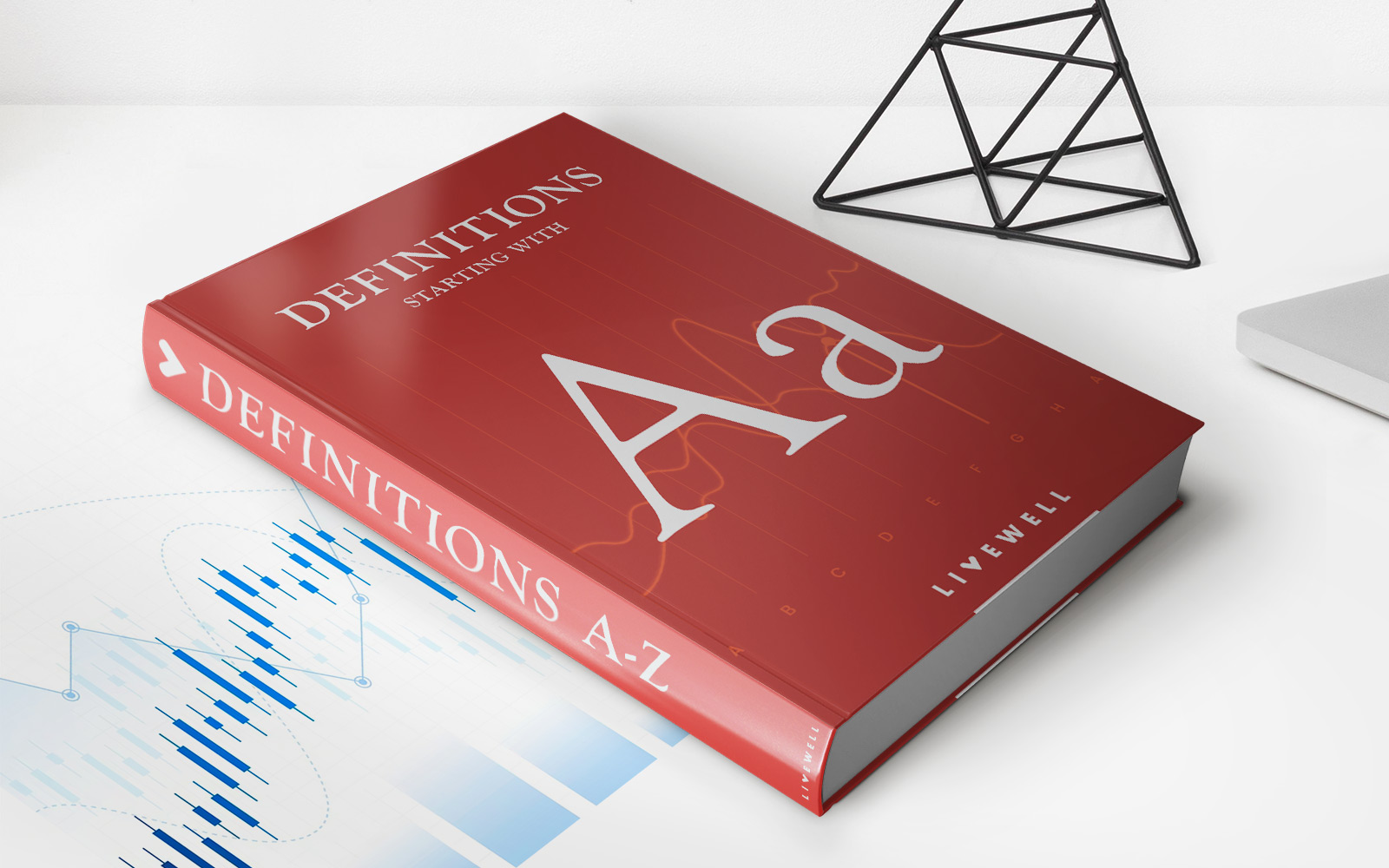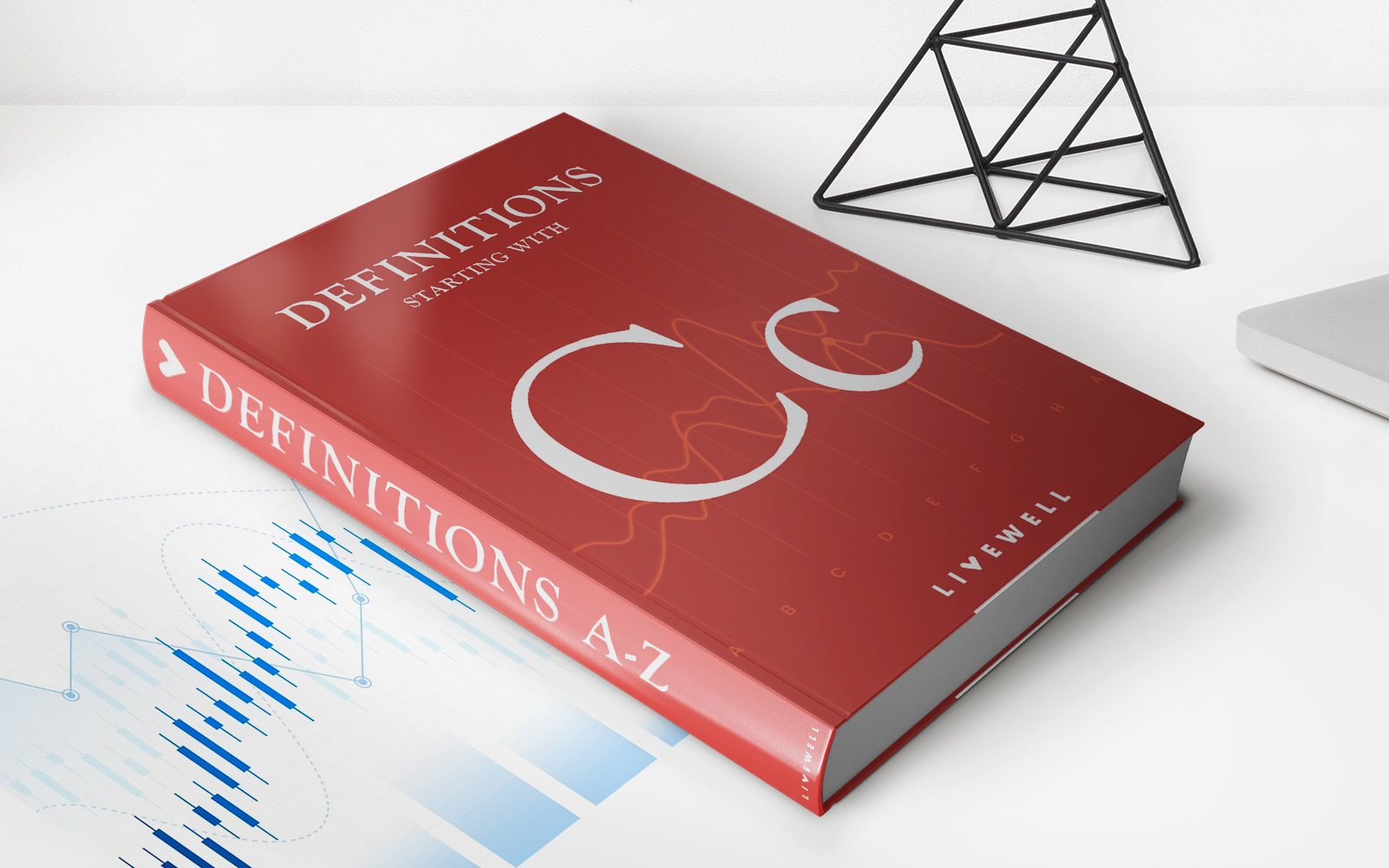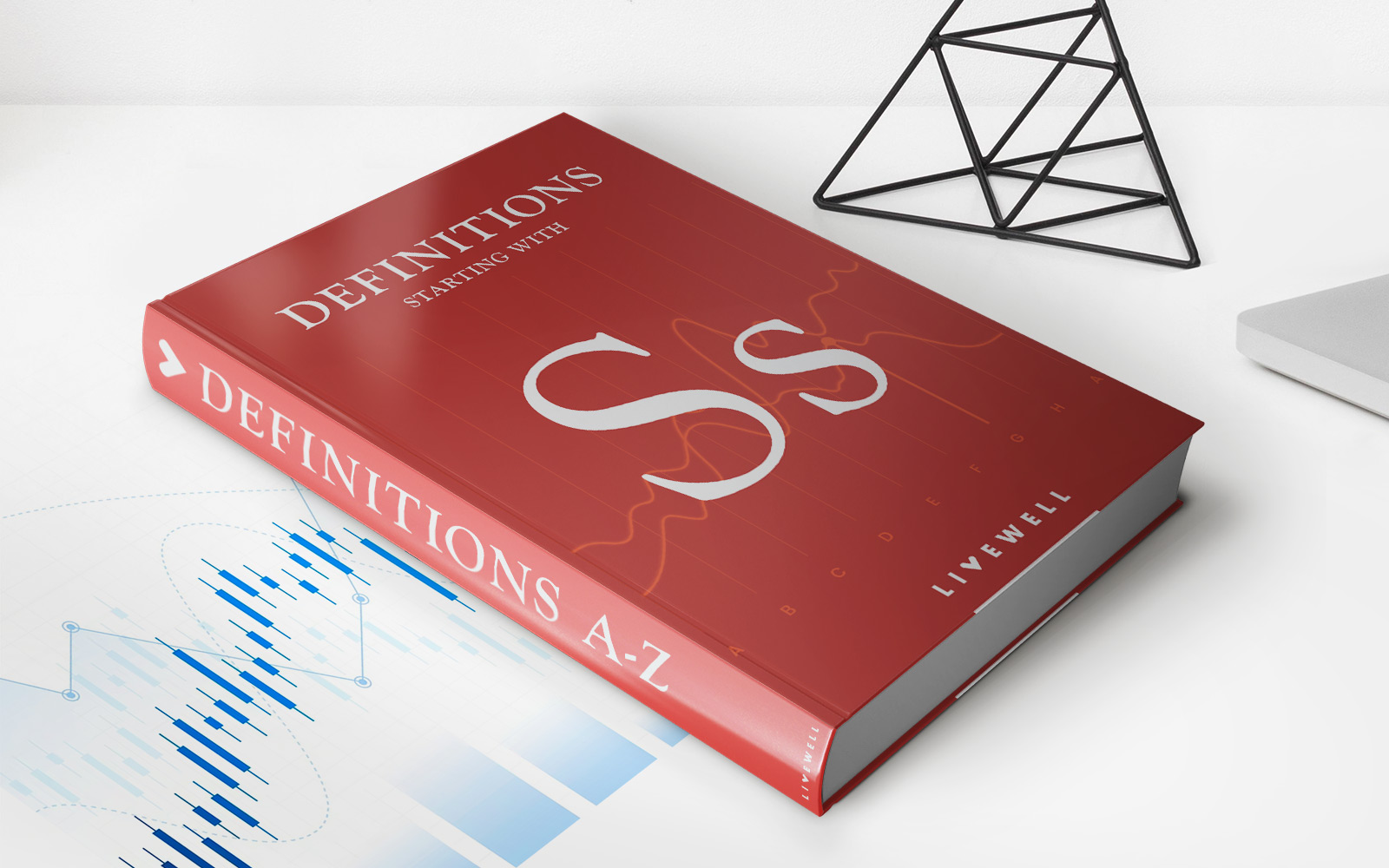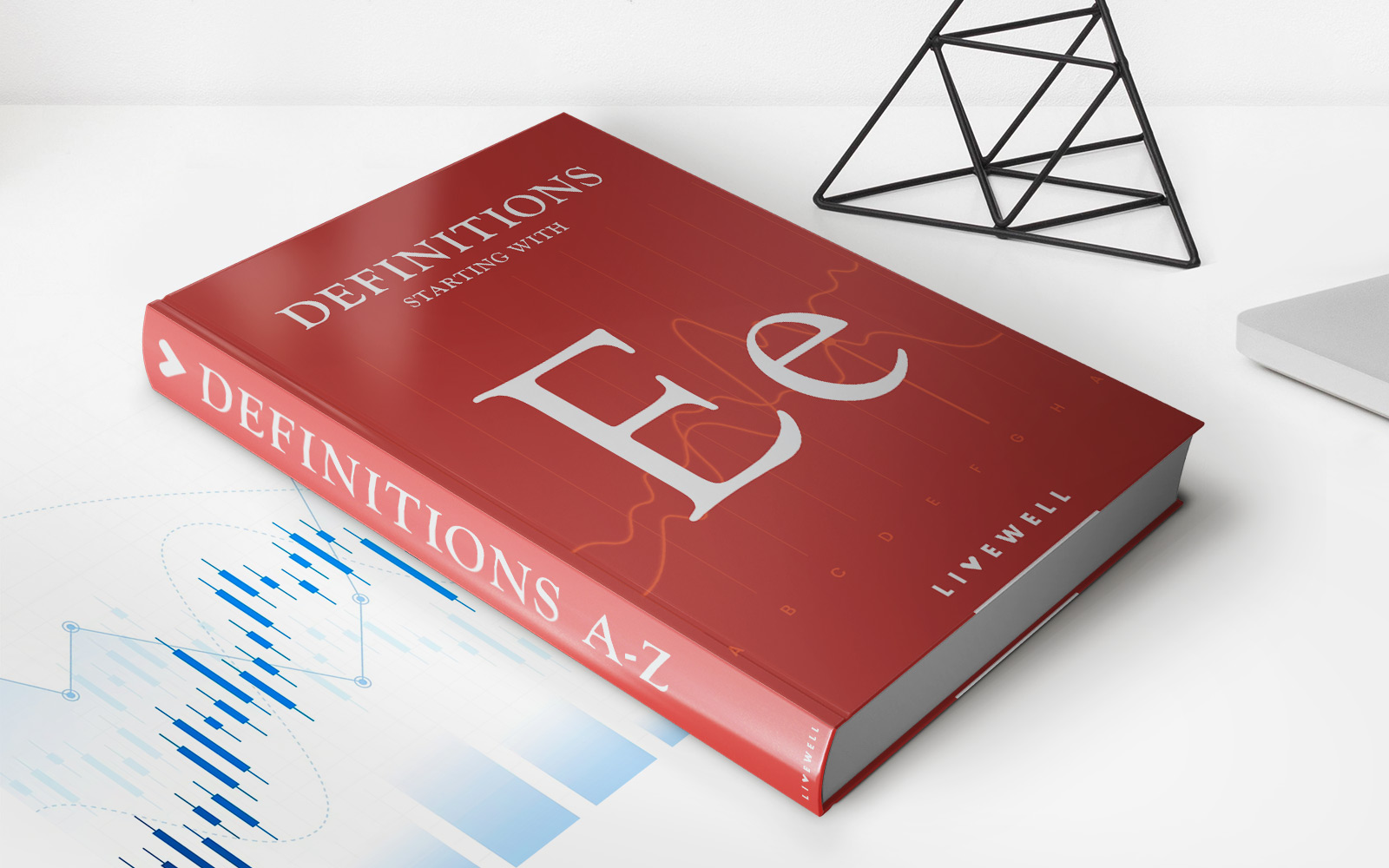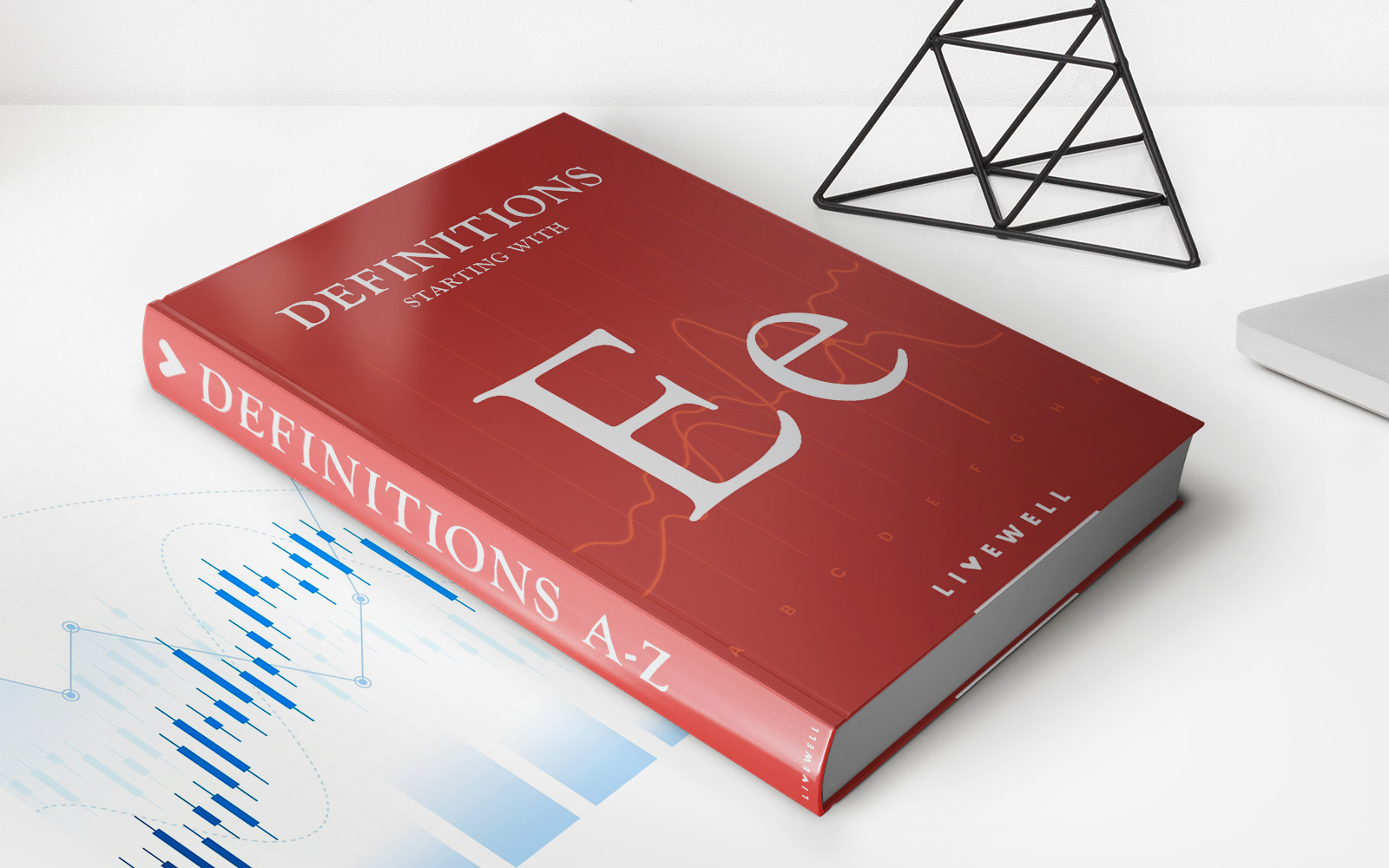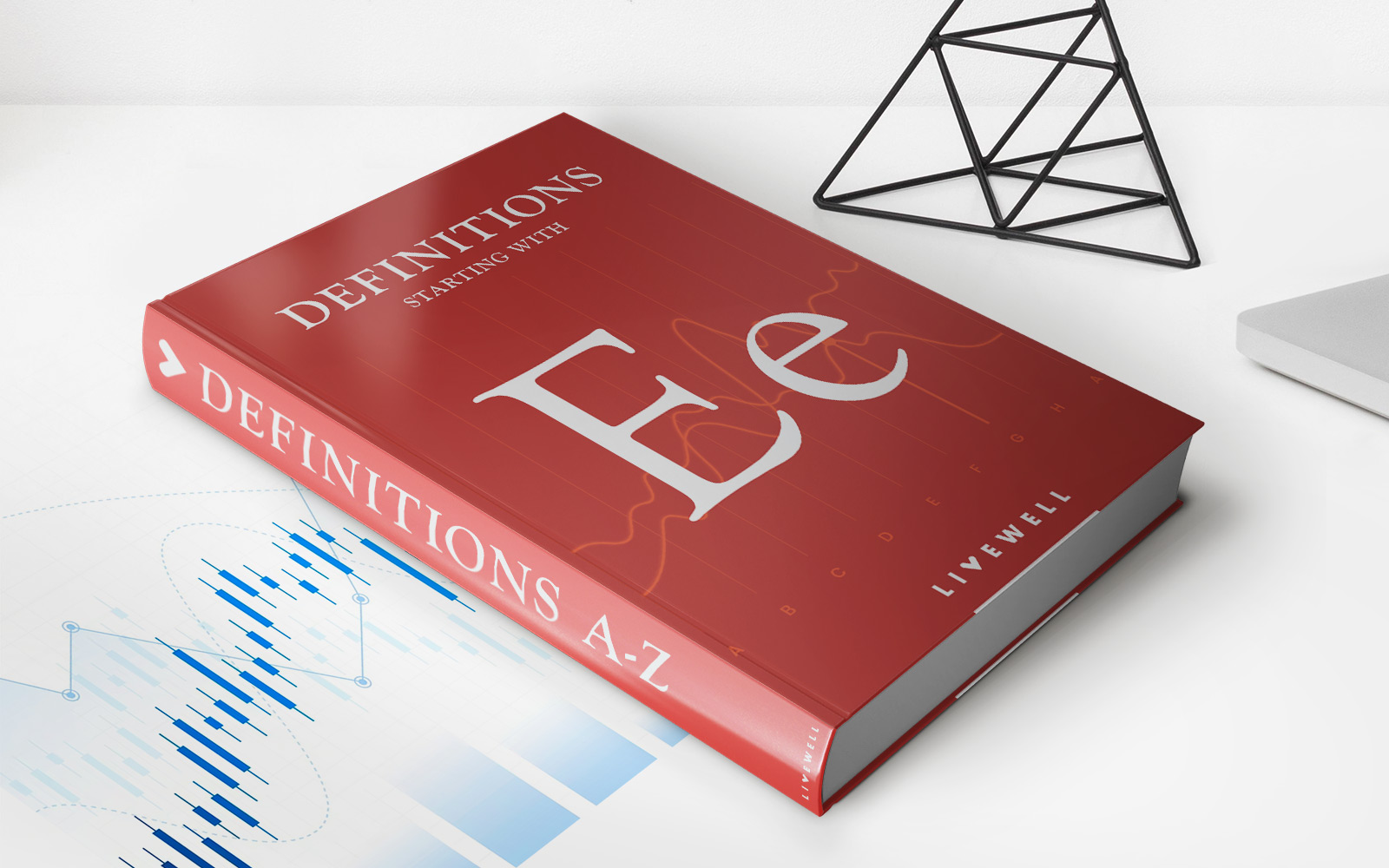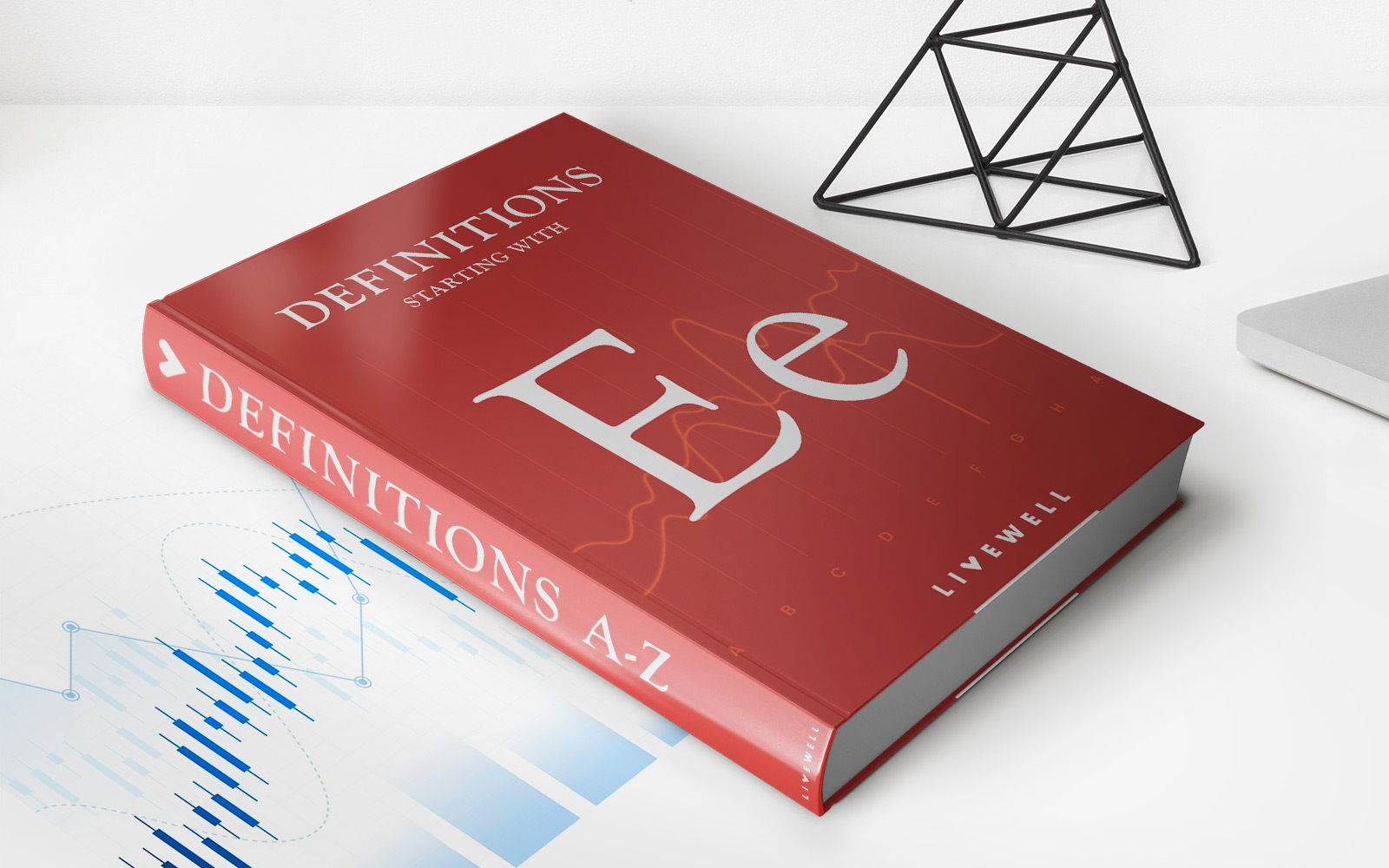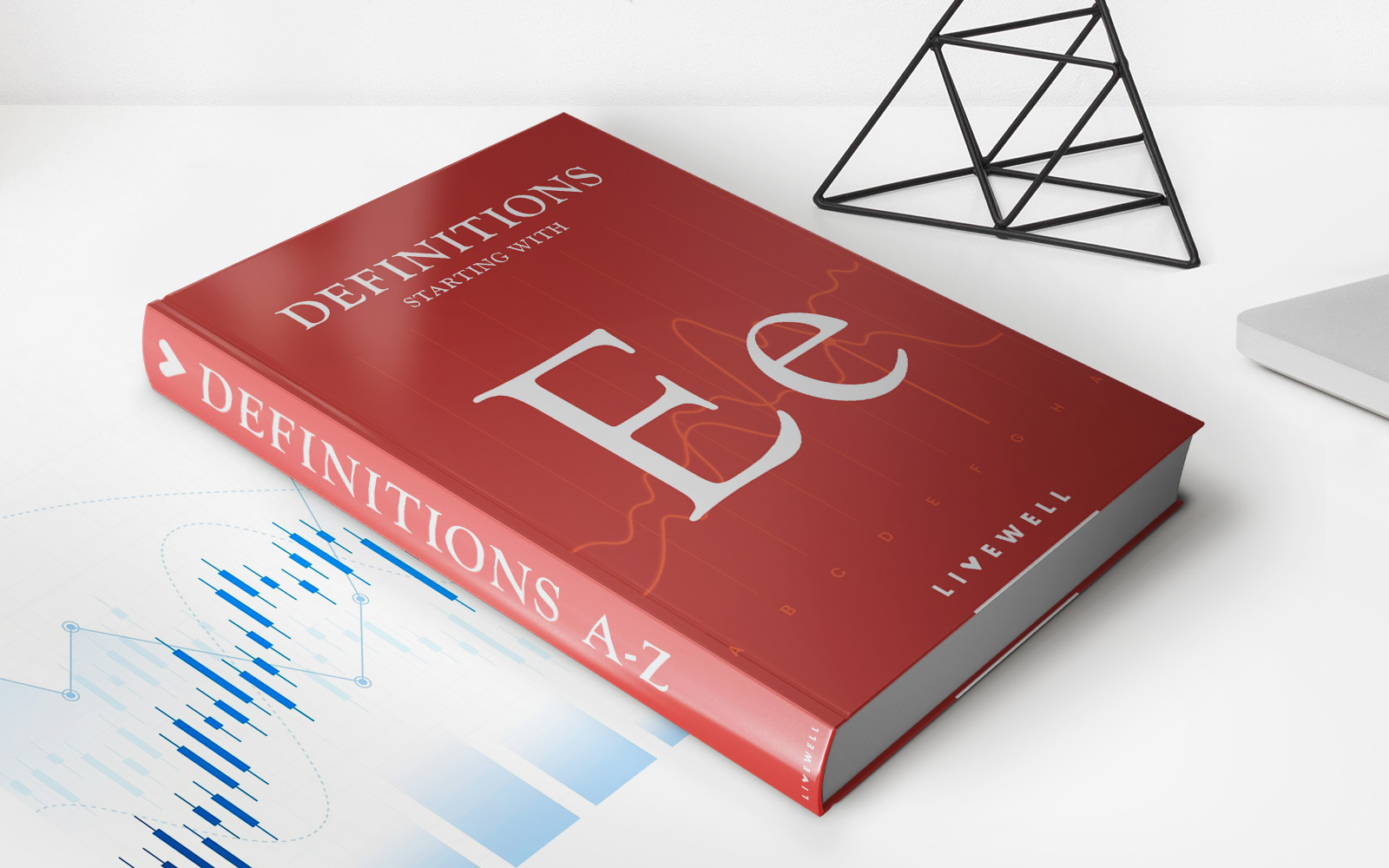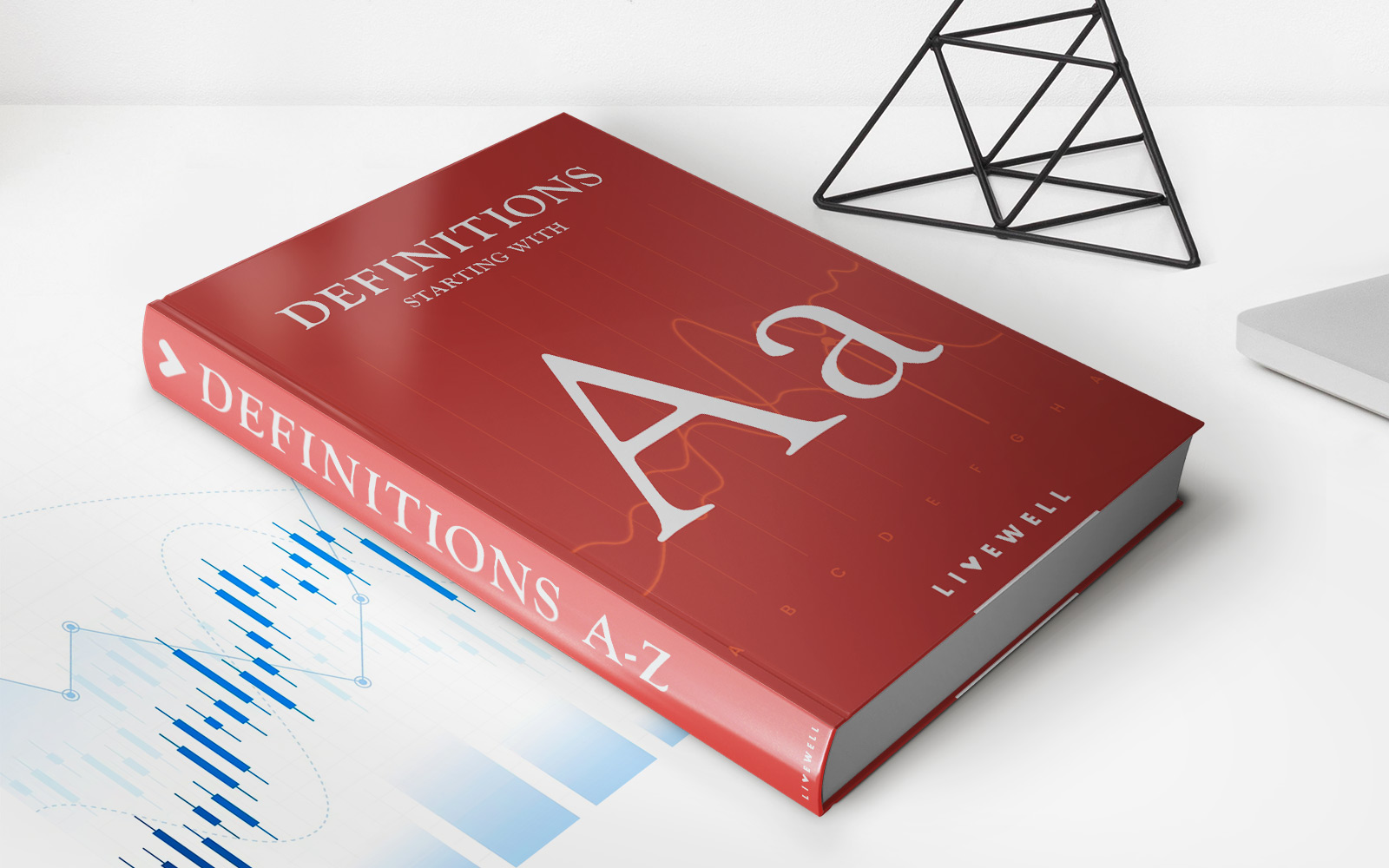

Finance
Applied Economics Definition
Published: October 8, 2023
Discover the meaning of applied economics and its importance in the field of finance. Explore how it utilizes economic theories to analyze real-world financial scenarios and make informed decisions.
(Many of the links in this article redirect to a specific reviewed product. Your purchase of these products through affiliate links helps to generate commission for LiveWell, at no extra cost. Learn more)
Unlocking the World of Finance: Exploring Applied Economics Definition and Principles
Welcome to our blog’s FINANCE category, where we dive deep into the fascinating world of economic principles and their application to financial decision-making. In this post, we will shed light on the applied economics definition and discuss how it influences our everyday lives. Whether you are a student, a business professional, or simply curious about economics, this post will provide you with valuable insights that can enhance your financial literacy and help you make better-informed choices.
Key Takeaways:
- Applied economics involves the practical application of economic theory to real-world situations.
- Understanding applied economics can empower individuals and businesses to make informed decisions, optimize resources, and achieve desired outcomes.
What is applied economics?
Applied economics refers to the study of economic theories and principles in relation to concrete, real-world scenarios. It involves using economic models, statistical methods, and quantitative analysis to understand and predict economic behavior and phenomena. While theoretical economics focuses on developing and testing economic theories, applied economics takes those theories and applies them to practical situations to provide solutions, guide policymaking, and inform business strategies.
The importance of applied economics in our lives
Applied economics plays a crucial role in various aspects of our lives. Let’s take a closer look at some of the reasons why understanding applied economics is so important:
- Informed decision-making: Applied economics equips individuals with the knowledge and tools to make informed decisions. By understanding supply and demand dynamics, how markets function, and the impact of economic policies, individuals can make better choices regarding their investments, savings, and consumption patterns.
- Business optimization: For businesses, applied economics offers valuable insights into customer behavior, market trends, pricing strategies, and more. By incorporating economic analysis into their decision-making processes, businesses can optimize resources, mitigate risks, and maximize profitability.
- Policy formulation: Governments and policymakers rely on applied economics to design effective policies that promote economic growth, reduce unemployment, and address social issues. Economic principles help inform public policy decisions and ensure efficient allocation of resources for the overall benefit of society.
- Understanding global events: Applied economics helps us comprehend and analyze global events such as financial crises, recessions, or trade disputes. By examining the underlying economic factors and their implications, we can gain a deeper understanding of the world around us and make sense of complex economic phenomena.
Applied economics is a dynamic field that continuously evolves alongside economic theories and technological advancements. It encompasses a wide range of subfields, including behavioral economics, environmental economics, and financial economics, among others. Whether you are interested in understanding consumer behavior, exploring the impact of government policies, or predicting market trends, applied economics offers a wealth of knowledge that can be applied to various contexts.
By venturing into the world of applied economics, you can develop a solid foundation that will enhance your financial literacy, enable you to make more informed decisions, and unlock new opportunities. Stay tuned to our FINANCE category for more insights, tips, and discussions on the fascinating intersection of economics and finance!
